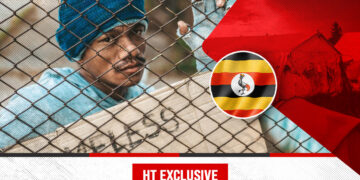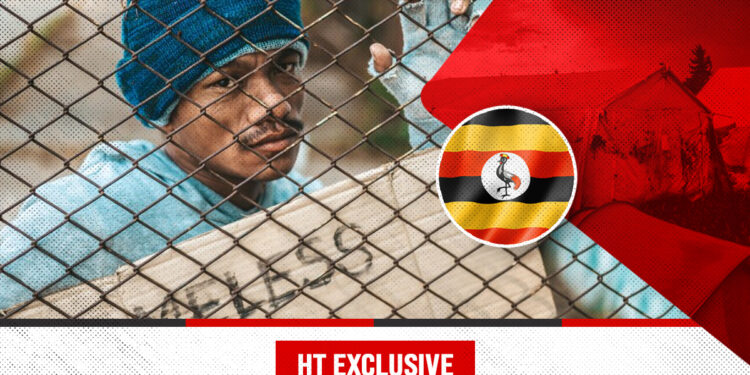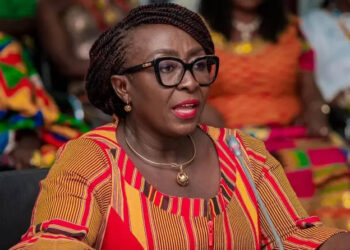By Emmanuel Nduka
Uganda, a landlocked country in Eastern Africa, plays host to Africa’s largest refugee camps, with at least 1.6 million people. 81% of them are women and children who fled after their ancestral homes were attacked, and their husbands and fathers killed. The refugees are mostly from neighboring South Sudan (60%) and the Democratic Republic of Congo (30%).
Uganda’s open-door policy is nicely providing accommodation and plots of land to these refugees, even as the gap between needs and resources is increasing to the country’s disadvantage. As approved by the Ugandan government, each refugee is entitled to a small plot of land to cultivate, along with cash and food support, while unaccompanied minors are handed over to foster families of other refugees.
From 2022 till date, up to 250,000 refugees and asylum seekers have entered Uganda. Out of the figure, 99,052 arrived in 2023 alone. According to the numbers, Uganda is currently the largest host of refugees in Africa and the third-largest host in the world.
The rising inflow, combined with a natural annual population growth of 3%, puts significant pressure on the limited health, education and other struggling infrastructure in the country. Every week, new babies are born. There is high birth rate in the refugee camps. In the Nakivale settlement which is home to almost 200,000 refugees, at least 400 children are born every week.
Uganda’s Gains
While Uganda is letting everyone in, and is benefitting from the humanitarian aid provided by international donors who finance education and health infrastructure used by both refugees and the local population, its open-door policy may spell jeopardy in no distant time.
Previously, the Ugandan government spent around $170 per year per refugee. But according to Bruno Rotival, Head of EU Humanitarian Aid in Uganda, the sum has dropped to $85, even while the EU still pegs its annual contribution at around 30 million.
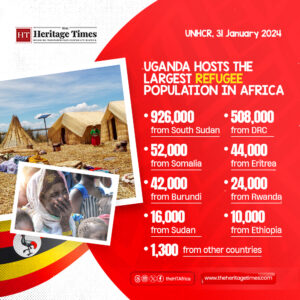
The EU support remains crucial to providing humanitarian assistance to refugees in Uganda. Since 2017, the EU has spent at least €309 million on humanitarian aid in Uganda. For the 2024 calendar year, the EU has earmarked €27.5.
Looming Humanitarian Crisis
For how long will the Ugandan government be able to sustain its open-door policy for refugees? Already, it has begun asking for more funds from international partners to sustain its policy on refugees. The numbers are spiraling. Global humanitarian assistance to Uganda has decreased further over the years.
The challenges are enormous. In the Nakivale settlement, scarcity and cases of school dropouts are prevalent. Refugees are unable to sustain themselves with the 3kg of Rice and 1/2kg of Beans provided to them per month. There is acute malnutrition rate among children under five, resulting in immune deficiencies.
While Uganda is also vulnerable to natural hazards and epidemics, rising inflation and harsh economic effects of the COVID-19 pandemic is further deteriorating the plight of refugees and host communities. The number of people struggling to find food has risen by nearly 15% in the past one year, even as the overall situation is likely to deteriorate further.
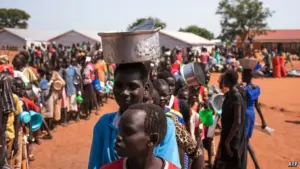
Analysts have predicted that with time, people may resort to desperate measures, such as early marriage, child labour, and even transactional sex just to survive.
Uganda’s Government Action Plan
The Uganda Country Refugee Response Plan (UCRRP) provides a framework from 2022-2025, with an updated detailed planning for 2024-2025.
It is a joint plan between the Office of the Prime Minister (OPM), UNHCR and UN Agencies, international and national partners.
The aim is to respond to challenges in a holistic, comprehensive, and integrated manner to achieve its strategic objectives: strengthen Uganda’s asylum space, provide lifesaving assistance, improve access to public services, strengthen co-existence and self-reliance, and pursue durable solutions.
At a Global Refugee Forum (GRF) held in Geneva in January this year, President Yoweri Museveni called for the political and economic integration of the African continent to address challenges relating to the ongoing refugee crisis.
He called on African heads of state to construct a powerful political unit to crush those who are exploiting the weakness in the continent’s governance system.
“I appeal to my African brothers and sisters to take full responsibility for their situations by constructing a powerful political unit capable of eliminating cracks of weakness. It should not be fashionable for Africa to be a theatre of humanitarian crises, one after another. We have a potent cure to the misery and suffering of our people,” the President said in a statement delivered by Prime Minister Robinah.
He confessed that the refugees have placed enormous strain on “our meagre economic resources”. “The refugees come with understandable human needs like feeding, clothing, shelter, clean water and water for production, education, and skills, etc. These are critical needs that must be addressed by all the concerned stakeholders. They should not be left to the host countries,” he added.
